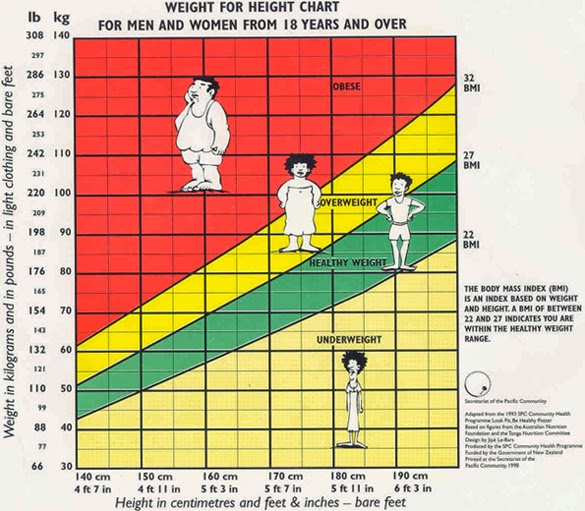What is a dietitian? What is a
dietitian's salary? What
is a
dietitian vs nutritionist? These are just a few of the questions I
am frequently asked when people hear that I am studying to be a Registered
Dietitian. I usually tell them that a
Registered Dietitian
requires more schooling than a nutritionist. In this post, I will answer
all of these questions, and more...
A Nutritionist is a term that is used lightly. The word is not legally
protected, so many people who advise on nutritional matters, call themselves
"nutritionists," even though they have no qualifications. One
course in nutrition may be all it takes to call themselves a nutritionist.
Dietitians are obligated to meet certain professional requirements.
They are considered to be experts in food and nutrition. A
Nutritionists is NOT a Dietitian as dietitians are registered to a
national board, and accredited and nutritionists are not.
Dietitians play a role in planning meals and food guidelines for
groups of people or individual people. They prevent and treat illness by
promoting healthy eating habits. They modify diet plans and participate
in research to educate people on specific eating habits. As an example, a
dietitian might teach a patient how to use less salt if they have a problem
with high blood pressure. Or a dietitian can help create a diet of
reduced sugar and fat for an overweight client.
Four specialties of dietitians are clinical dietitians, community
dietitians, management dietitians or consultants.
Clinical Dietitians provide
their services to hospital patients, nursing facilities, and other types of
institutions. They survey the needs of patients, develop and implement
nutritional programs and evaluate and report the results of said patients.
Dietitians also consult with doctors and other health care individuals to
collaborate on nutritional and medical needs. In addition, some
clinical
dietitians specialize in weight management or patients in care of renal
(kidney), diabetic, or who are critically ill. Clinical dietitians can
also be in charge of the food care services' in the health care buildings where
they work.
Community dietitians counsel
individual people or groups of people on practicing healthy nutritional ways to
prevent disease and promote health. This type of dietitian works in
places like public health clinics, home health agencies and health maintenance
organizations.
Community Dietitians evaluate the needs of
individuals and their families. They counsel in home agencies to provide
grocery shopping and food preparation to the elderly, children and individuals
with special needs.
Management Dietitians work on a
more large-scale planning program. They work in, but are not limited to
health care facilities. Other facilities that
management dietitians
work in are company cafeterias, prisons, and schools. Their job duties
include hiring, training and directing other dietitians and food service workers.
They also budget for and buy the food, equipment and supplies for the
facility's menu. In addition, the
management dietitian also
enforces sanitary and safety regulations and prepare the appropriate records
and reports for such sanitary stats.
Consultant Dietitians usually work
under contract with health care facilities or within their own private
practice. These dietitians preform nutrition screenings for their clients
and give advice on diet-related issues. Some issues they might counsel on
are weight loss and reducing ones cholesterol. Some
consultant
dietitians work for wellness programs, sports teams, grocery stores and
other nutrition related businesses. They may also confer with food
service managers, providing expertise in sanitation, safety procedures, menu
development, budgeting and planning.
The
dietitian salary can range from $44,000 to $62,000. The
average annual rate that is paid to Registered Dietitians in the United States
is around $52,000. This is the average
salary for dietitians, and
a dietitian supervisor's average salary in around $54,000 annually.




